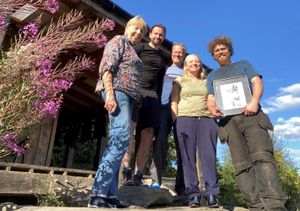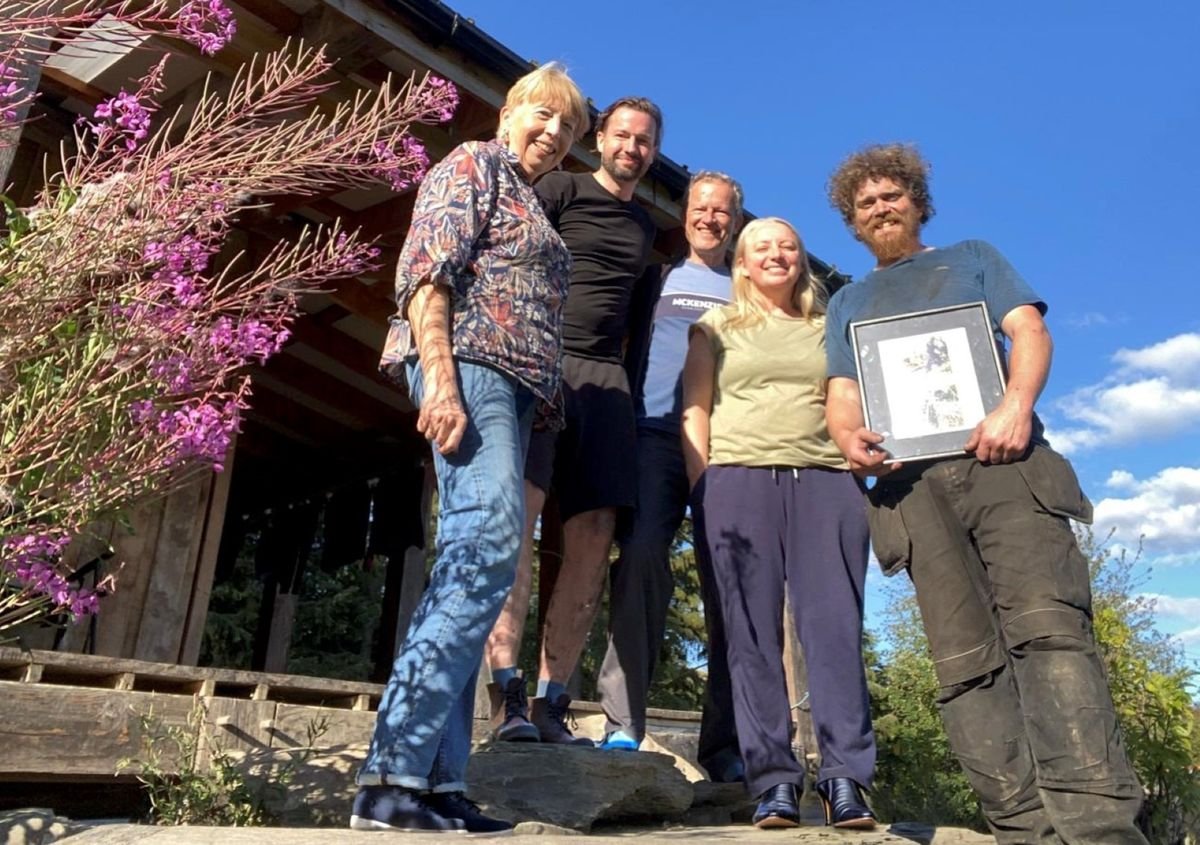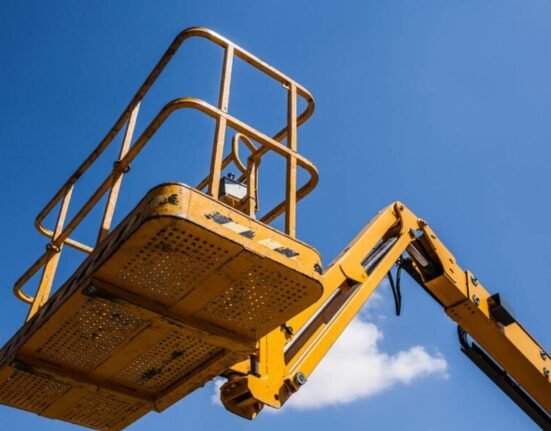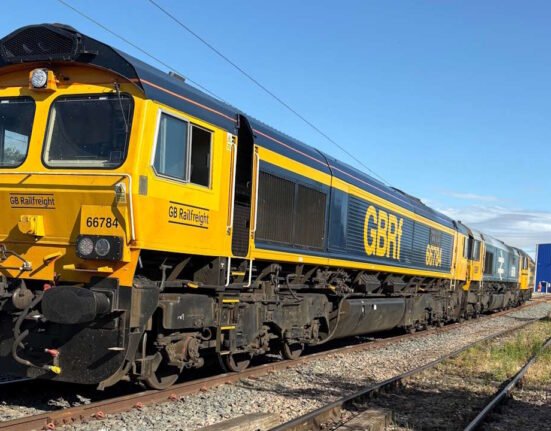Coleg Cambria Llysfasi and Llangollen-based BionerG have embarked on a “groundbreaking collaboration” to explore whether tree brash can become a critical resource for carbon removal in Wales.
The college has supplied the ‘brash’ – typically discarded branches and foliage resulting from forestry operations and stormy weather – which BionerG is processing using a cutting-edge approach involving branch logging followed by drying in their specialized pyrolysis units at the ECKO (Ecology Carbon Knowledge Outreach) Centre in Denbighshire, a facility dedicated to biochar production and environmental education.
Biochar is a type of charcoal produced through a process called pyrolysis, where organic matter like biomass is heated at high temperatures in the absence of oxygen.
This process creates a carbon-rich, porous material that can be used as a soil amendment, acting as a sponge for water and nutrients, improving soil structure, and sequestering carbon.
Dewi Jones, Farm Manager at Coleg Cambria Llysfasi, said the operation will make use of waste wood and help educate the next generation of farmers and forestry and agricultural workers on land management.

“We are in the early stages but long-term we will definitely see the benefits, as once the wood is turned into biochar it will have a positive impact on carbon neutrality and in nourishing the soil,” said Dewi.
“They are a very forward-thinking company, and this is another example of Llysfasi embracing new, sustainable techniques focused on the environment and innovation.”
BionerG will host open events on Friday July 18 and Saturday July 19 on ‘How to Future-Proof Your Farm’ and is keen to hear from recent graduates and young people entering the sector who can explore opportunities available to them.
Reflecting on the partnership with Coleg Cambria, director Chris Clarke said their facilities and technology remove logistical challenges to collecting, transporting and processing tree brash to “significantly enhance its utility for biochar production”.
“This could unlock new economic and ecological potential, turning a forestry by-product into a central component of circular, restorative agricultural practices,” he added.
“Our preliminary studies found you can use half as much fertiliser if you mix it with biochar, so there are huge financial and environmental benefits according to our early testing.
“No other business in this sector is working in the way we are with the team at Llysfasi, which as it continues to develop will prove fruitful for both parties.
“They use the biochar for their land, and it is an educational tool, while from our side – and the open events will delve into this further – there are incentives for current and future farmers and landowners to capitalise on this process and the technology.”
Encouraging graduates to attend the upcoming sessions at the ECKO Centre, Chris said: “We are hearing regularly that children from farming families, after they graduate, are looking to run efficient and sustainable businesses including investigating opportunities to diversify income as well as reduce costs.
“We can help with that as there are grants available if these farms show they are moving towards becoming more sustainable, using significantly less fertiliser will put them in a very strong position – we encourage people to get in touch to find out more and come along and see it for themselves.”







